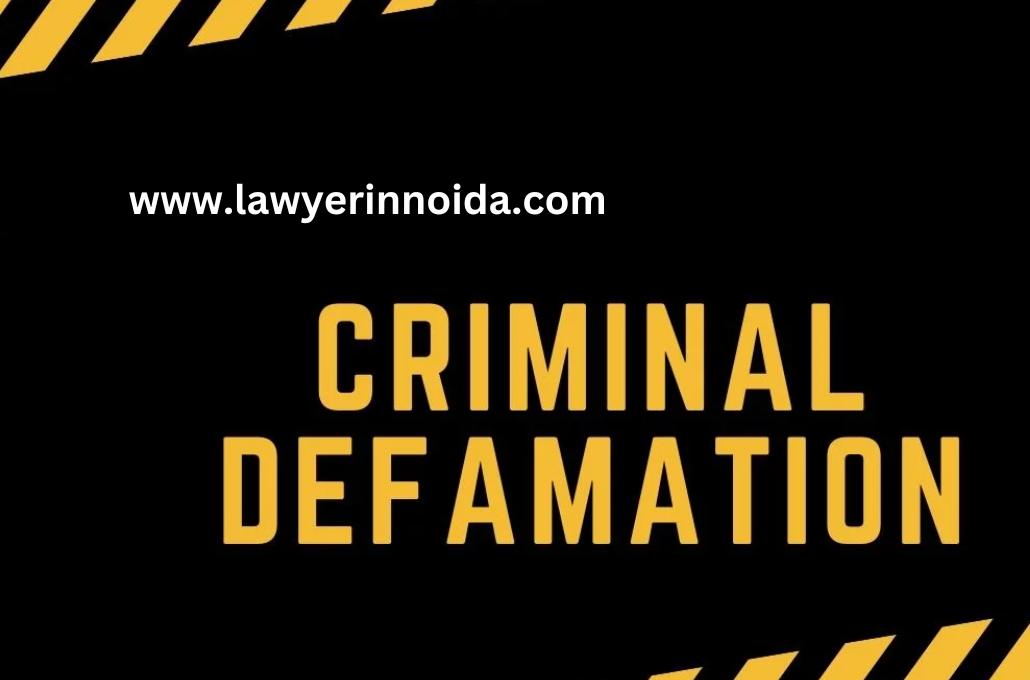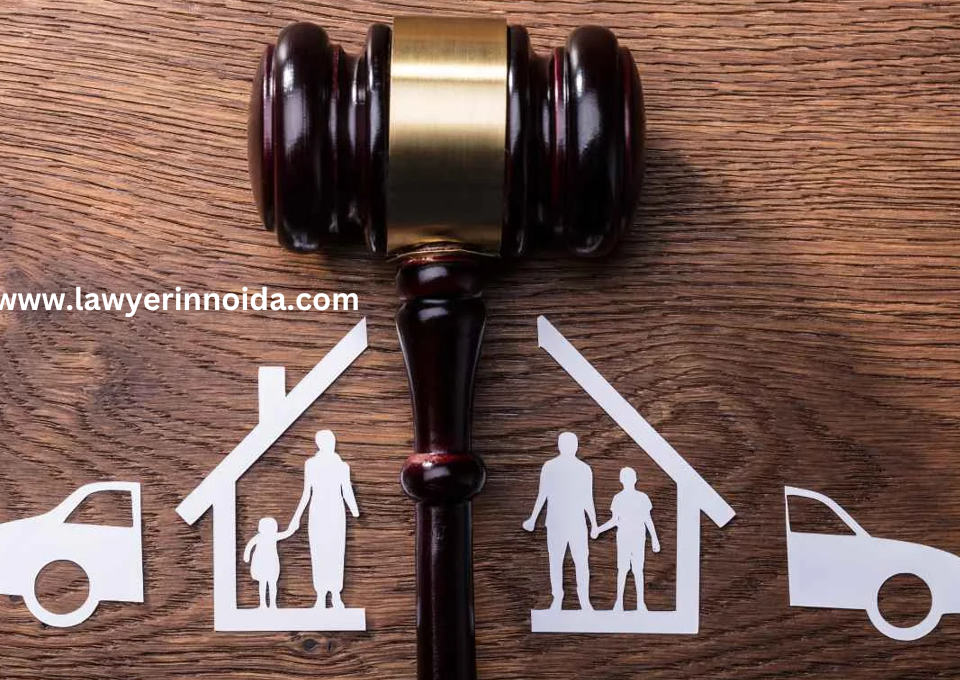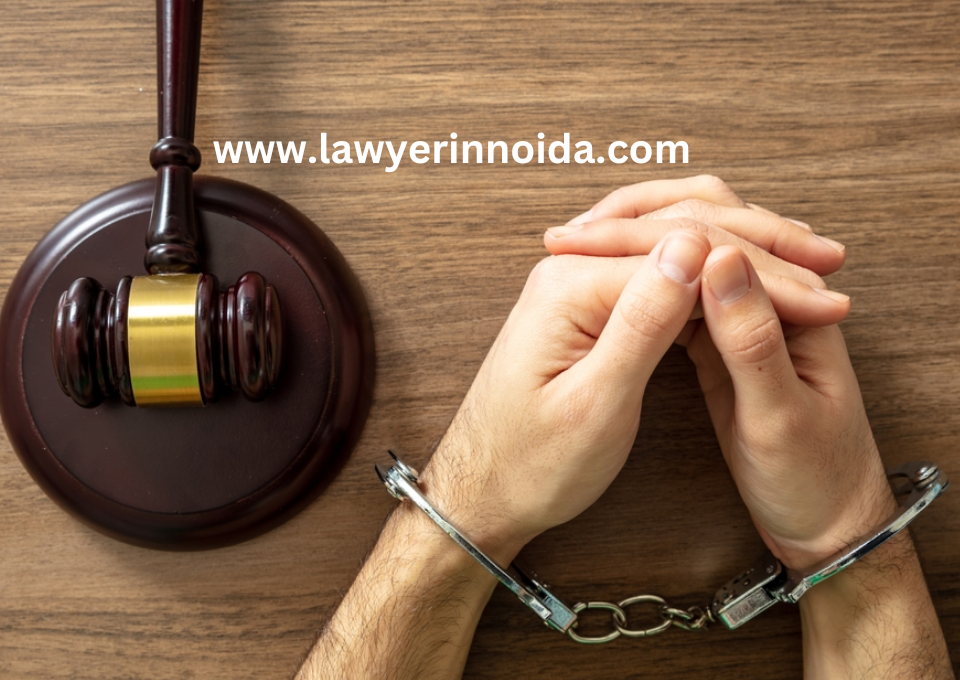
Criminal Defamation: An Overview
Criminal Defamation is defined under Section 499 of the Indian Penal Code (IPC). It refers to the act of making false statements about someone, which harms their reputation or dignity, and this offense is punishable under law. Unlike civil defamation, which is a private wrong leading to a compensation claim, criminal defamation is an offense against the public interest and is punishable with imprisonment or fines. The primary intent of criminal defamation laws is to protect individuals from unjust harm to their reputation, which can cause significant damage to their personal and professional life. If someone makes or publishes defamatory content about an individual, either verbally or in writing, with the intent to harm their reputation, the person can be prosecuted under criminal defamation laws. Section 499 of the IPC outlines what constitutes criminal defamation, and Section 500 details the punishment for it. While freedom of speech and expression is protected under the Indian Constitution, it is not absolute and must be exercised responsibly, without damaging someone’s reputation.
What Constitutes Criminal Defamation?
Criminal defamation occurs when a person makes a false statement that is intended to harm another person's reputation. Section 499 IPC defines defamation as an act of making or publishing any statement that:
1. Harms Reputation: The statement or communication must have the potential to lower the reputation of the person about whom it is made. It can harm their standing in society or community. Such statements may lead to loss of respect, credibility, or professional opportunities and can affect personal and social relationships. In some cases, defamatory remarks can result in emotional distress, financial loss, or legal consequences. Even if the statement is not directly false, if it is misleading or creates a negative perception, it can still be considered defamatory. The extent of harm depends on factors such as the medium of publication, audience reach, and the individual's public or professional status.2. False Statement: The statement must be false. Truthful statements, even if they harm someone’s reputation, are not considered defamation. Truth is an absolute defense in defamation cases. A false statement, whether spoken, written, or implied, must misrepresent facts in a way that causes harm. Opinions, satire, or rhetorical hyperbole are generally not considered defamatory unless they present false information as fact. Additionally, the burden of proof often lies with the plaintiff to demonstrate that the statement was indeed false and damaging. In some jurisdictions, even reckless disregard for the truth or failure to verify facts before making a claim can be grounds for defamation.
3. Intention: The intention behind the statement should be to harm the reputation of the individual. A statement made with malicious intent, without any regard for the truth, will be considered defamatory. However, intent is not always a necessary element in all defamation cases; even negligent or reckless statements that cause harm can sometimes be considered defamatory. If the person making the statement knew it was false or acted with reckless disregard for the truth, it strengthens the claim of defamation. In some cases, repeated false statements or a pattern of spreading misleading information can further demonstrate malicious intent. Courts may also consider whether the statement was made out of personal animosity, professional rivalry, or for personal gain.
4. Published or Spoken: Defamation can occur either through speech (slander) or through written or printed material (libel). The defamatory material must be communicated to others, either in person or through media such as newspapers, social media, or online platforms. For a statement to be considered defamatory, it must be shared with at least one third party, meaning it cannot be a private conversation between the person making the statement and the affected individual. In the digital age, defamatory statements spread through social media, blogs, videos, or online reviews can have a far-reaching impact, causing significant reputational damage. The method of publication can also influence the severity of the case, with written or widely broadcasted statements often carrying more weight than spoken words. Additionally, republication or sharing of defamatory content by others may also hold them liable, depending on the jurisdiction.
Types of Defamation
Defamation can be categorized into two main types:
1. Slander : Slander refers to spoken defamation. It involves defamatory statements made verbally that harm the reputation of an individual. For example, falsely accusing someone of a crime in front of others would be slander. It is more difficult to prove slander in comparison to libel, as it requires evidence that the statement was made in front of others and that it caused reputational harm. Unlike libel, slander does not have a permanent record, making it challenging to present concrete proof. Witness testimony is often required to establish that the defamatory statement was indeed spoken. In many legal systems, slander is only actionable if it results in actual damages, such as loss of employment, financial harm, or emotional distress. However, certain types of slander, such as false claims about criminal activity, professional incompetence, or immoral behavior, are considered so harmful that they may be treated as defamation per se, meaning damages are presumed.2. Libel : Libel refers to written or published defamation. It includes any defamatory statement made in writing, such as in books, articles, newspapers, or social media posts. Since libel can be preserved in evidence (for example, a published article), it is considered more serious and damaging compared to slander, which may be harder to prove. Libelous statements have a lasting presence, making them more likely to cause long-term harm to a person’s reputation. Digital platforms have significantly increased the impact of libel, as defamatory content can be quickly shared, reaching a vast audience within minutes. Unlike slander, where damages must often be proven, many legal systems assume harm in libel cases, meaning the affected party may not need to show direct financial or social damage. Courts may also consider factors such as intent, audience reach, and whether the publisher made any attempt to verify the accuracy of the statement before publishing. In some cases, even sharing or republishing a libelous statement can result in legal liability.
Punishment for Criminal Defamation
The punishment for criminal defamation is outlined under Section 500 of the IPC. If found guilty, the accused may face the following penalties:
- Imprisonment: The offender can be sentenced to imprisonment for up to two years.- Fine: The court may also impose a fine on the accused. The fine amount varies depending on the severity of the case and the damage caused to the individual’s reputation.
It’s important to note that a criminal defamation case can be filed either by the defamed person or, in certain cases, by the government. Criminal defamation serves as a deterrent against making false statements or spreading malicious rumors, which can cause irreparable harm to individuals’ reputations. For a criminal defamation case to be successful, the prosecution must prove that the accused knowingly made a false statement with the intent to harm the complainant’s reputation. Unlike civil defamation, where monetary compensation is sought, criminal defamation can lead to imprisonment, making it a more serious legal consequence. The court also considers factors such as the medium of publication, the extent of damage caused, and whether the accused acted with malice or negligence. Additionally, certain defenses are available against criminal defamation charges, such as proving that the statement was true, made in good faith, or was a fair comment on a matter of public interest. However, even if the accused claims their statement was an opinion, if it is framed as a fact that damages someone’s reputation, they can still be held liable. While criminal defamation laws aim to protect individuals from reputational harm, they have also been criticized for potentially suppressing free speech. Many legal experts argue that defamation should be treated as a civil matter rather than a criminal offense to prevent the misuse of the law for silencing criticism or dissent.
Defenses Against Criminal Defamation
Several defenses are available for those who are accused of criminal defamation. These include:
1. Truth: As per Section 499 IPC, truth is a complete defense to a defamation charge. If the statement made is true and can be proven, the accused cannot be held liable for defamation. However, the truth must be in the public interest to serve as a valid defense in criminal defamation cases.2. Fair Comment: If the statement is an opinion or fair comment made on a matter of public interest, it may not be considered defamatory. This defense applies in cases where the statement is made about a public figure or issue and is not malicious in intent. The comment must be based on true facts and should not be a deliberate falsehood.
3. Privilege: Certain communications are considered privileged under the law. For example, statements made during judicial proceedings, parliamentary debates, or by government officials in the course of their duty are immune from defamation suits, even if they harm someone’s reputation. Privilege can be absolute (where defamation laws do not apply at all) or qualified (where protection is given as long as the statement is made without malice).
4. Consent: If the individual being defamed has consented to the publication of the statement, the charge of defamation does not apply. This means that a person who willingly allows a defamatory statement to be made about them cannot later claim damages or seek legal action.
5. Innocent Dissemination: In certain cases, if a person unknowingly disseminates defamatory content (such as sharing an article they did not write or broadcasting a statement they had no reason to suspect was defamatory), they may be absolved of criminal liability. This defense is particularly relevant to publishers, news agencies, and social media platforms.
6. Lack of Intent: If the accused can demonstrate that there was no intent to harm the complainant’s reputation, the case may not hold. Unintentional, mistaken, or casual remarks that do not show a deliberate attempt to defame may be considered non-defamatory.
7. Public Good: If the defamatory statement was made for the benefit of the public, such as exposing corruption, misconduct, or wrongdoing, it may not be considered criminal defamation. Courts often weigh the balance between protecting reputations and upholding the right to free speech and accountability.
8. Satire and Parody: Statements made as satire, humor, or parody that a reasonable person would not interpret as factual are generally not considered defamatory. However, if the satire is designed to mislead people into believing false information as fact, it may not be protected.
While these defenses can help protect individuals from wrongful defamation charges, the burden of proof often falls on the accused to demonstrate that their statement falls within these legal protections. Courts carefully evaluate the context, intent, and impact of the statement before reaching a decision.

Filing a Criminal Defamation Case
To file a criminal defamation case, the following steps are typically involved:
Step 1: Filing a ComplaintThe first step is to file a criminal complaint with the Magistrate in the jurisdiction where the offense occurred. The complainant must outline the defamatory statement and provide evidence supporting the claim of harm to their reputation. The complaint should include details such as when, where, and how the defamatory statement was made, along with any supporting documents, recordings, or witness testimonies.
Step 2: InvestigationThe police may be asked to conduct an investigation to gather evidence related to the case. This may involve interviewing witnesses, collecting statements, and verifying the published or spoken material that is allegedly defamatory. The accused may also be questioned during this stage. If the police find sufficient grounds for prosecution, they may submit a report to the Magistrate recommending further legal action.
Step 3: Magistrate’s OrderOnce the investigation is completed, the Magistrate may issue a summons to the accused. If the Magistrate believes there is enough evidence to proceed, they will take cognizance of the complaint and initiate formal legal proceedings. If the case lacks merit, the Magistrate may dismiss the complaint at this stage.
Step 4: TrialThe trial will be held in a Magistrate’s court, where both the complainant and the accused will present their evidence and arguments. The burden of proof lies with the complainant, who must establish that the statement was defamatory, false, and made with the intent to harm their reputation. The defense may counter the allegations by proving that the statement was true, made in good faith, or falls under one of the legal defenses against defamation.
Step 5: JudgmentAfter considering the evidence and arguments, the Magistrate will pass a judgment. If the accused is found guilty, they will face punishment as per Section 500 of the IPC, which may include imprisonment of up to two years, a fine, or both. If acquitted, the defamation charges will be dismissed.
Step 6: Appeal ProcessIf either party is dissatisfied with the judgment, they have the right to file an appeal in a higher court. The appeal must be based on valid legal grounds, such as procedural errors, wrongful conviction, or lack of sufficient evidence.
Step 7: Execution of PunishmentIf the accused is convicted and does not appeal or loses the appeal, the punishment will be enforced as per the court’s decision. This may include serving a jail sentence, paying a fine, or both.
It is important to note that criminal defamation cases can be lengthy and complex. Courts evaluate multiple factors, including the intent of the accused, the extent of reputational harm, and whether the statement was made in public interest. Given the legal implications, it is advisable for both complainants and defendants to seek professional legal counsel when dealing with defamation cases.
Why Criminal Defamation is Important
Criminal defamation laws are vital in ensuring that individuals' reputations are protected from false and malicious statements. Reputation is an essential part of a person’s identity and social standing, and malicious defamation can cause lasting damage to an individual’s personal and professional life. Criminal defamation laws act as a safeguard against unfounded attacks on reputation and discourage the spreading of false rumors, lies, or malicious content. These laws offer a legal remedy for individuals whose reputations have been unjustly harmed by deliberate falsehoods, helping to preserve their dignity, integrity, and public image.
However, freedom of speech must be balanced with the right to protect one’s reputation. While the law protects individuals from malicious defamation, it also ensures that public discussions, criticism, and opinions on matters of public interest remain unhindered, provided they are made responsibly and truthfully. Criminal defamation laws serve as a mechanism to prevent the abuse of free speech, where individuals or entities could otherwise harm another’s reputation without accountability.
Furthermore, criminal defamation laws help maintain social order by curbing the spread of harmful and defamatory content that can lead to hatred, violence, or discrimination. In the digital age, where rumors and falsehoods can be disseminated rapidly through social media and online platforms, criminal defamation laws play an essential role in protecting individuals from reputational damage caused by online harassment, cyberbullying, or fake news.
While critics argue that criminal defamation laws can sometimes be used to suppress legitimate criticism or stifle freedom of expression, it is crucial to strike a fair balance between protecting reputations and preserving the right to express differing opinions. The law aims to deter malicious actions while allowing open dialogue, ensuring that individuals are not unjustly silenced but are instead held accountable for their actions if they harm others through false statements.
Ultimately, criminal defamation laws promote respect, truth, and accountability within society. They encourage individuals to exercise caution and responsibility when making statements that could harm another person’s reputation, ensuring that defamation is not used as a weapon for personal gain, revenge, or harassment.
Legal Assistance in Criminal Defamation Cases
Criminal defamation cases can be complex and challenging to navigate, especially when it comes to proving the falsity of statements and the intent behind them. Seeking expert legal advice from a skilled lawyer is crucial in both defending against false accusations and filing a legitimate case for defamation. A lawyer can help gather the necessary evidence, formulate a strong defense, and represent you during court proceedings. At Lawyer in noida, we provide expert legal services to help individuals protect their reputation and navigate criminal defamation cases effectively.
Defending against a defamation charge requires a deep understanding of the legal framework and potential defenses. A knowledgeable lawyer will assist in assessing whether the statement made was indeed defamatory, whether it was true, and whether there is enough evidence to prove that the statement was made with the intent to harm. They will also examine whether any defenses, such as truth, fair comment, privilege, or consent, apply to your case.
For those filing a defamation case, an experienced lawyer can guide you through the process of collecting evidence, identifying key witnesses, and preparing a compelling case. They can help establish the defamatory nature of the statement, its falsehood, and the resulting harm to your reputation, which is essential in securing a favorable outcome in court. Moreover, your lawyer will be able to advocate for the most appropriate legal remedies, whether it’s seeking punishment for the offender or recovering damages for the harm caused.



